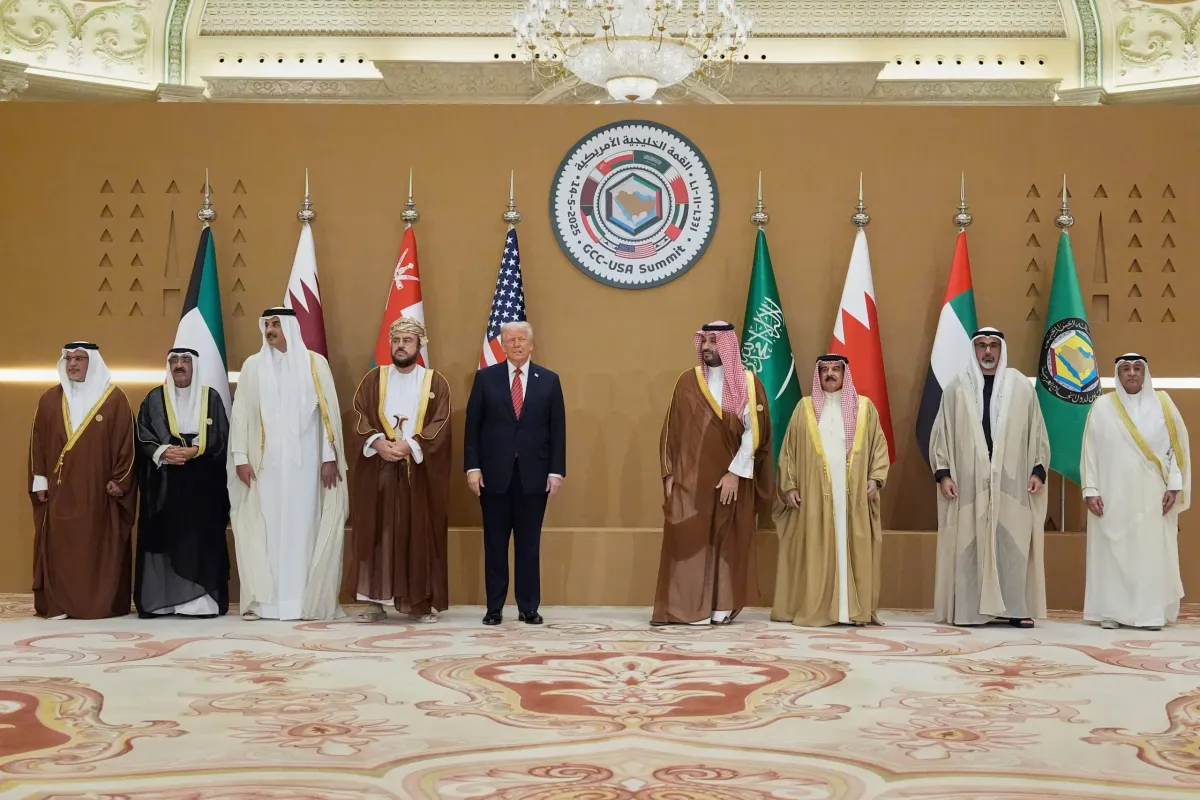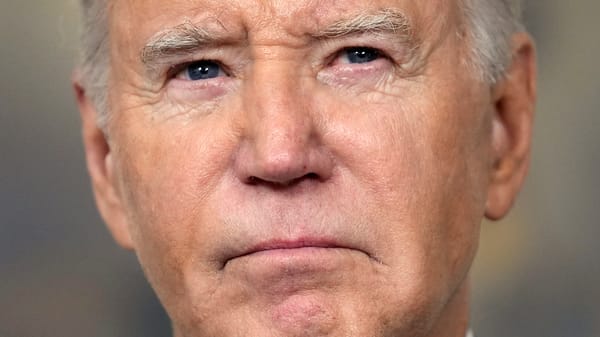Trump Secures Landmark Agreements with Three Middle Eastern Countries in First Major Trip of Second Term
President Donald Trump makes historic first trip, securing major deals with Saudi Arabia, UAE, and Qatar.

President Donald Trump has returned to Washington following his first overseas trip of his second term, bringing home a series of unprecedented agreements with key Middle Eastern allies. The journey, marked by high-profile meetings and ceremonial welcomes, resulted in major economic, defense, and technology partnerships—deals which administration officials say highlight a renewed era of cooperation between the United States and the Gulf region.
Saudi Arabia was the first stop on Trump’s agenda, and it yielded a slate of significant arrangements. Crown Prince Mohammed bin Salman joined President Trump to sign deals reportedly totaling $600 billion, encompassing sectors such as energy, mining, defense, and technology.
- The agreements included an $80 billion plan for joint technology investments between major American companies—such as Google, Uber, Salesforce, and AMD—and Saudi-based DataVolt.
- Several landmark infrastructure projects in Saudi Arabia will now see substantial American involvement, including the planned King Salman International Airport, Qiddiya City, and others. White House estimates suggest these efforts could generate $2 billion in U.S. service exports.
Additionally, the trip saw increased collaboration between U.S. government departments and their Saudi counterparts in fields like energy and aerospace. For instance, the U.S. Department of Energy is set to coordinate closely with the Saudi Ministry of Energy, while NASA and the Saudi Space Agency have agreed to launch joint initiatives.
Perhaps most notably, President Trump secured a cargo agreement allowing U.S. companies to transport goods between Saudi Arabia and third-party nations without requiring a stopover in the United States—a move described by officials as vital for establishing global cargo hubs.
The president’s visit to the United Arab Emirates also produced headline-grabbing results, with $200 billion in commercial deals announced. Notable among these:
- Etihad Airways committed to purchasing 28 American-manufactured aircraft in a $14.5 billion deal.
- Emirates Global Aluminum will invest $4 billion in Oklahoma to build one of the first new U.S. aluminum smelters in nearly half a century.
- Energy partnerships between Abu Dhabi’s national oil company and firms like ExxonMobil, Occidental Petroleum, and EOG Resources aim to expand oil and gas production, with the White House predicting lower energy costs and an increase in skilled jobs for both nations.
These deals fast-track a previously-announced UAE pledge for a 10-year, $1.4 trillion investment framework in the United States, spanning industries from energy to artificial intelligence.
The most controversial leg of Trump’s Middle East tour came in Qatar, where economic agreements reached an eye-watering $1.2 trillion. However, bipartisan criticism quickly surfaced over Qatar’s offer to provide a jumbo jet expected to be used as Air Force One. Senators from both parties voiced concerns: Sen. Bernie Sanders questioned the constitutionality of the arrangement, while Sen. Ted Cruz cited potential espionage risks. Other lawmakers, including Sens. Rick Scott and John Kennedy, were critical of Doha’s reliability as an ally, referencing Qatar’s links to Hamas. Despite the debate, the White House underscored the economic upside, highlighting $243.5 billion in new deals—including sales of American-made aircraft to Qatar Airways—and a multibillion-dollar defense agreement to enhance Qatar’s military capabilities with equipment from top U.S. contractors.
In summary, President Trump’s latest Middle East trip delivered record-breaking investments and commercial deals, drawing both praise for economic impact and scrutiny over security and diplomatic choices. As these agreements move forward, the administration maintains its belief that deepening ties with the Gulf states will drive economic growth at home and bolster U.S. strategic interests abroad.




